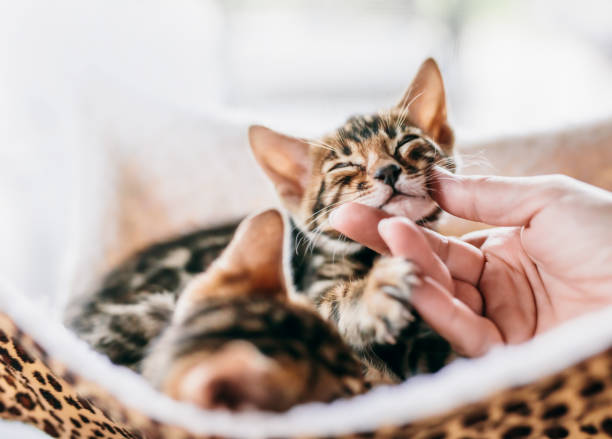Cat Litter and Feline Health: What Every Owner Ought To Know
Cat Litter and Feline Health: What Every Owner Ought To Know
Blog Article

Picking the best cat litter for your feline buddy can be a complicated task offered the myriad of choices available on the market. This comprehensive guide will dive into the different kinds of cat litter, their advantages, drawbacks, and whatever in between to help you make a notified choice.
The material of the cat litter plays a crucial function in its effectiveness. Typical materials include clay, silica gel, recycled paper, wood, corn, wheat, and walnut shells. Each product offers unique advantages and possible downsides.
Clay-based litters are the most conventional and widely utilized due to their high absorbency and clumping abilities, that make cleanup simpler. However, they can be dirty and may not be the very best option for felines or humans with breathing issues. Silica gel crystals are highly absorbent, control smells efficiently, and are low upkeep given that they don't require to be changed as often. Nonetheless, they can be more costly and some felines may not like the texture. Eco-friendly litters, made from recycled paper, wood, corn, wheat, and walnut shells, are eco-friendly alternatives. They are generally dust-free and great for felines with allergies, however their odor control and clumping capabilities differ widely.
The choice in between clumping and non-clumping litter is significant. Clumping litter types strong masses when wet, making it simple to scoop out urine and feces, therefore keeping a clean litter box. Non-clumping litter takes in wetness but does not form clumps, which might lead to more frequent modifications of the entire litter box.
Odor control is a top priority for a lot of feline owners. Litters are often infused with baking soda or charcoal to reduce the effects of smells. Maintaining a fresh litter box also needs regular scooping, ideally two times a cat litter box with lid day, and following the maker's guidelines for changing the litter and cleaning package.
The health of your feline and the ecological impact of the litter are also essential elements. Dust-free or low-dust alternatives are better for respiratory health. Naturally degradable litters provide an environment-friendly option to clay, which is strip-mined and not renewable. Additionally, it's important to be aware of any allergies your feline might need to particular products.
Expense is an essential consideration, as the cost of cat litter can differ considerably. While silica gel and some eco-friendly litters might be more pricey in advance, their durability can use cost savings in the long run. Conversely, clay litter is often cheaper but requires more frequent replacement.
Ultimately, the very Diatomaceous Earth Cat Litter best cat litter is one that fits both your and your cat's preferences and needs. It may take some trial and mistake to find the ideal match. Focus on your cat's behavior and comfort, as well as the litter's cat litter box automatic performance in terms of smell control, absorbency, and maintenance.
Picking the ideal cat litter contributes significantly to your feline's health, joy, and the tidiness of your home. By thinking about the product, clumping ability, odor control, health impacts, environmental results, and expense, you can make an educated decision that benefits both you and your furry companion. Remember, what works finest for one feline might not fit another, so want to experiment up until you find the ideal option.